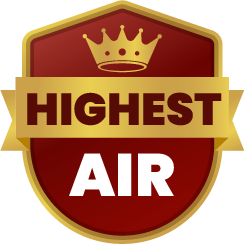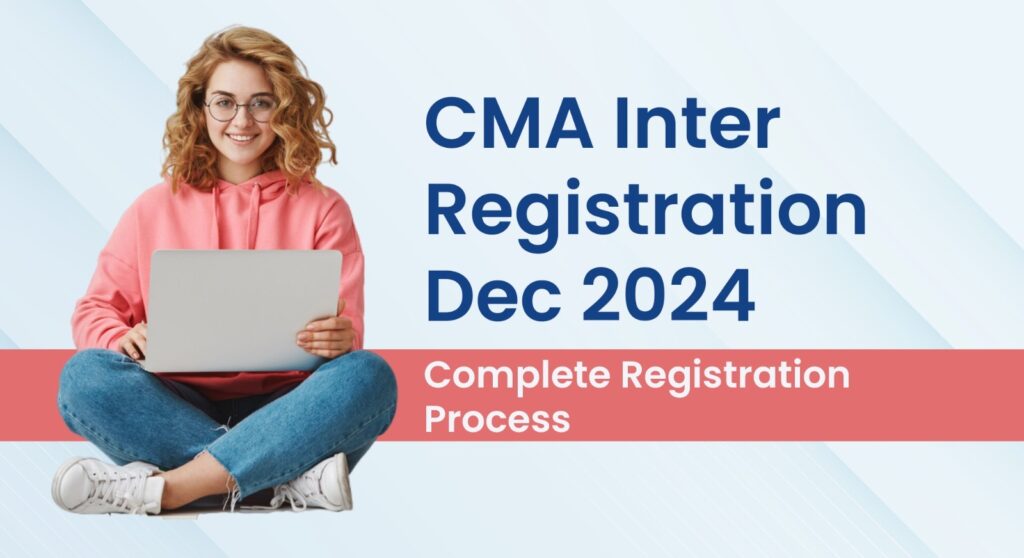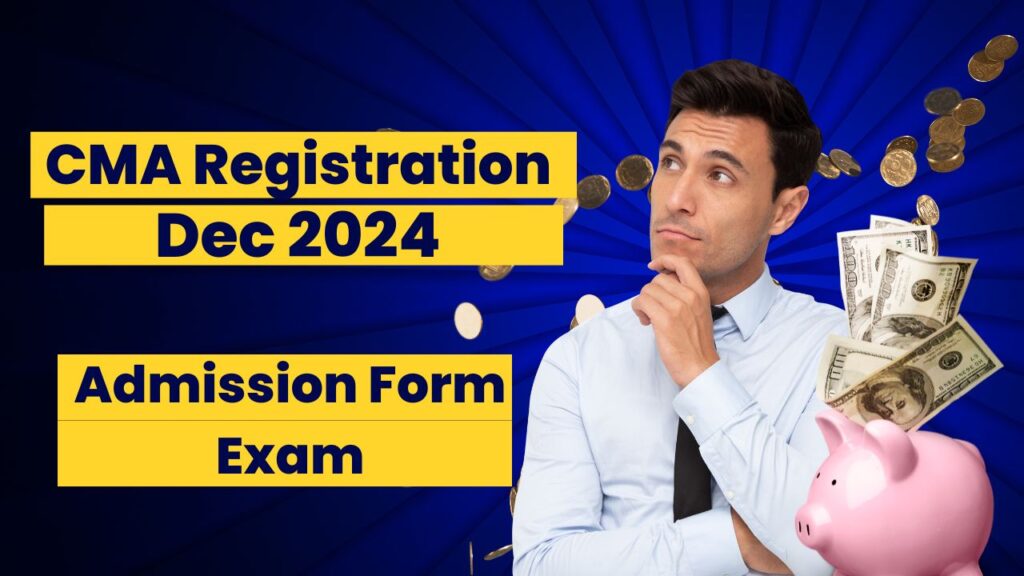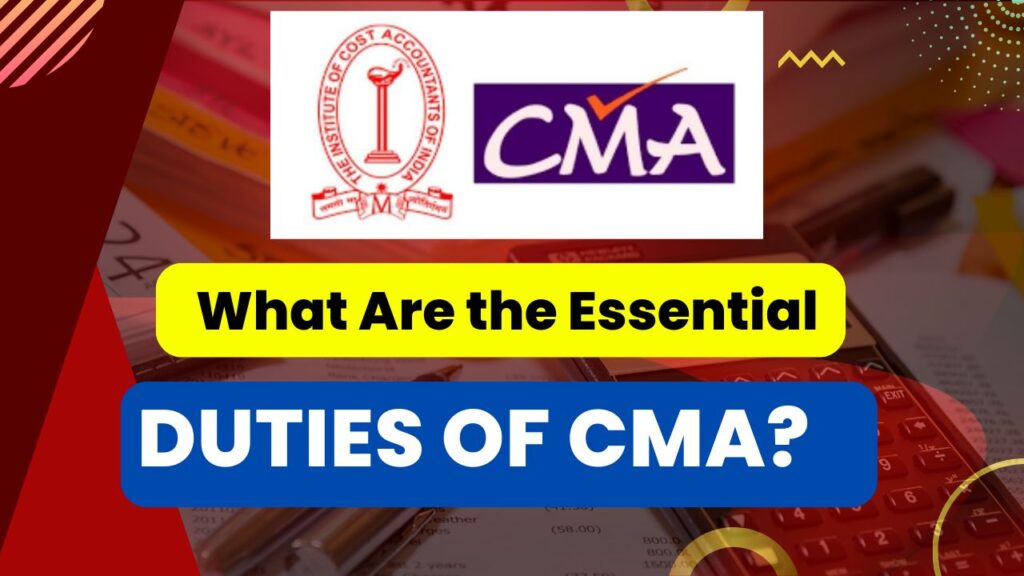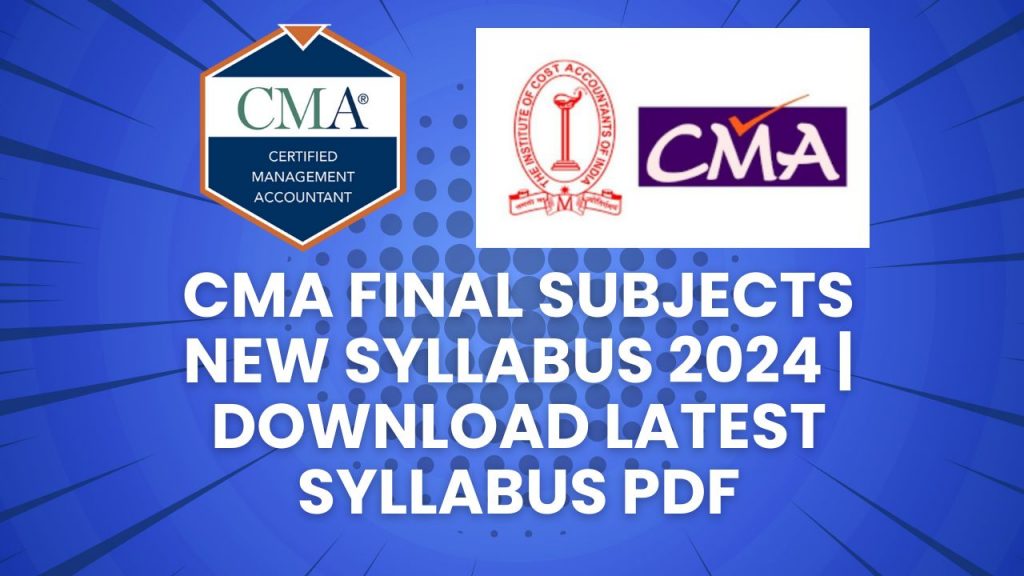- What is CMA Course?
- Difference Between CWA, CMA, ICMAI, and ICWAI
- CMA Course Eligibility Criteria
- CMA Intermediate Eligibility Criteria
- CMA Final Eligibility Criteria
- CMA Course Fees and Duration
- CMA Course Fees
- CMA Course Syllabus/Subjects
- CMA Syllabus for Foundation Course
- CMA Syllabus for Intermediate Course
- CMA Syllabus for Final Course
- CMA Course: Career, Scope and Salaries
- CMA Job Roles
- CMA Salary Expectation
- “FAQ’s on CMA Course
What is CMA Course?
The Institute of Cost Accountants of India, which was founded with the aim of promoting and regulating the Cost and Management Accountancy profession in India, offers the professional training known as CMA.
The Cost Management Accounting course, or CMA for short, is one of the most practical courses offered by the financial industry. The CMA course is a fantastic option for anyone who wants to succeed in the competitive sector of management accounting.

The Cost and Management Accounting curriculum has recently gained popularity among commerce students and those looking to work in the industry. It is crucial for you to be aware of the CMA course’s structure, eligibility requirements, subjects covered, job prospects, and salary after passing the programme if you intend to enrol in the CMA India programme. Read the entire article to learn everything there is to know about the CMA India course.
Difference Between CWA, CMA, ICMAI, and ICWAI
The ICWA and CMA are identical to one another. They both refer to the same item, although with different words. Cost management accounting is known by the acronym CMA, whereas ICWAI stands for Institute of Cost and Work Accountant of India.

A cost accountant is supposed to gather, absorb, assemble, and examine financial data from every department of the company. You can manage finances effectively if you have a degree in cost accounting. The ICWA, currently renamed as the ICAI, is responsible for developing and advancing the field of cost accounting.
CMA Course Eligibility Criteria
If you have passed Senior Secondary or Graduation in any discipline other than Fine Arts or Passed Foundation of ICSI/Intermediate of ICAI, you can apply for the CMA course.
CMA Foundation Eligibility Criteria
- Class Xth or equivalent qualification from an approved board, college, or university
- Passed the Senior Secondary Examination in accordance with the 10+2 pattern from an authorised Board.
OR
- Passed a test that the Central Government recognised as equivalent
OR
- Passed the National Diploma in Commerce Examination administered by the All India Council for Technical Education [AICTE] or a State Board of Technical Education under the AICTE
OR
- Passed the Diploma in Rural Service Examination administered by the National Council for Higher Education.
CMA Intermediate Eligibility Criteria
You must have finished your Class 12 schooling to take the intermediate level.
OR
You must to have completed the Institute of Cost Accountants of India’s Foundation course (ICAI). Additionally, you must possess a bachelor’s degree in a subject other than fine arts.
CMA Final Eligibility Criteria
1.The applicant should have a 10+2 diploma.
2.must be a graduate in any field other than the fine arts.
3.The intermediate course papers must have been successfully completed.
CMA Course Fees and Duration
The CMA exam, the entrance test, is given twice a year, once in June and once in December. A student has until January 31 of the following year to submit an application if they want to take the June exam.
The deadline for applications for the December exam is July 31. Fee for the CMA Foundation Course: INR 6,000 Fee for the CMA Intermediate course is INR 23,100, or INR 12,000 at registration, with the remaining INR 12,000 to be paid by January 31 and July 31 for the June and December term exams.
CMA Final Course Fee: 25,000 or 15,000 at the time of registration, with the balance due by January 31 and July 31 for tests in June and December.
CMA Course Fees
| CMA Final Level Students with Graduation | Rs.4,500/- + 18% GST |
| Qualified CMAs | Rs.5,400/- + 18% GST |
| Other Professionals / Post Graduates | Rs.6,000/- + 18 % GST |
CMA Course Syllabus/Subjects
Different subjects are covered in each of the CMA course’s three levels. In order to receive the CMA designation, candidates must pass the exam on each paper. Below is a summary of the CMA course curriculum: Candidates must pass four papers in the CMA Foundation stage in order to advance to the next stage. In terms of the CMA exams, candidates may take the test in these four disciplines. The CMA Intermediate is the second stage, and it has two groups with the features listed below.
Students may take all four of Group 1’s papers in one semester exam.
Students may take all four of Group 2’s papers in one semester exam.
In exceptional circumstances, candidates can take the CMA Intermediate exam for both groups in a single sitting.
The CMA Final is the third stage; like the intermediate level, it consists of two groups.
There are four papers in Group 3 and four papers in Group 4.
CMA Syllabus for Foundation Course
| Paper 1 : Fundamentals of economics |
| Paper 2 : Fundamentals of accounting |
| Paper 3 : Fundamentals of law and ethics |
| Paper 4 : Business mathematics and statistics : Fundamentals |
CMA Syllabus for Intermediate Course
| GROUP 1 | GROUP 2 |
| Paper 5 : Financial accounting | Paper 9 : OMSM: operations and strategic management |
| Paper 6 : Law & ethics | Paper 10 : Cost & management accounting / financial management |
| Paper 7 : Direct taxation | Paper 11 : Indirect taxation |
| Paper 8 : Cost accounting | Paper 12 : CAA: Company accounts and audit |
CMA Syllabus for Final Course
| GROUP 3 | GROUP 4 |
| Paper 13 : Corporate law and compliance | Paper 17 : Corporate financial reporting |
| Paper 14 : SFM : Strategic financial management | Paper 18 : Indirect tax laws , practice |
| Paper 15 : SCMD : Strategic cost mgt. decision making | Paper 19 : Cost and management audit |
| Paper 16 : direct tax laws; international taxation | Paper 20 : SFP :Strategic performance mgt. & business valuation |
CMA Course: Career, Scope and Salaries
Graduates have several possibilities to choose from, and there is a great demand for CMA jobs both domestically and internationally. Some CMA graduates may pursue careers in management, accounting, finance, or other disciplines.
The average CMA salary in India is roughly INR 2.5 LPA, although it might vary based on the field and type of work graduates are given. There are several options for graduates to get work in cost management accounting both in India and overseas, as well as CMA process earnings for the course.
Before reading further check out these posts:
Because there are so many different CMA careers in the private and public sectors, CMA graduates are highly sought after both in India and abroad.
Additionally, additional advantages and competitiveness, such as incentives and bonuses, are included in Indian CMA wages for graduates. Excellent career chances are offered by CMA programmes in a variety of prominent corporate and public organisations in India and internationally. Some of the greatest CMA new employment opportunities are listed below.
- Cost Accountant Trainee
- Costing Manager
- Cost & Management Accountant
- Junior Finance Associate
Some of the best CMA job designations for aspirants with experience are:
- Cost Accountant
- Chief Finance Officer
- Finance Analyst
- Corporate Controller
- Finance Controller
CMA Job Roles
Students can explore and take up multiple roles in a company post their course completion. These include:
- Internal Auditor
- Cost Accountant
- Finance Manager
- Assistant Finance Manager
- Chief Financial Officer
CMA Salary Expectation
Comparatively speaking to consulting firms, start-ups and private companies offer a less comprehensive product. You need to make an average salary of about 5 lakhs in India to work for these companies. Start-ups with adequate funding may present a package of Rs. 4–7 lakhs annually.
Public sector banks, meanwhile, have an annual compensation range of Rs. 6 to 12 lakhs. You can make an alluring and profitable pay-out of about 6–8 lakhs per year working for Elite MNCs and Foreign Investment banks.
“FAQ’s on CMA Course
Cost management accountant is the full form CMA
The average annual compensation for an Entry Level CMA with under three years of experience is 10.2 lakhs. An experienced CMA with 10-20 years of experience earns an average pay of 4.7 Lakhs per year, compared to a mid-career CMA with 4–9 years of experience, who typically makes 22 Lakhs per year.
Both programmes are equally valuable and cover essentially the same material, however the CA programme is more widely used in India’s business community. In comparison, CA is a little more difficult than CMA. The CA course is longer to finish than the CMA course. While CMA does cost audits, CA performs statutory audits. Compared to CMA, the role of a CA in a corporation is more varied.
A CMA is a professional who specialises in taxation, particularly indirect taxation, and services such as costing, pricing of goods and services, cost record verification or certification, and taxation.
When comparing CA Vs CMA, CMA is a little simpler than CA for the following reasons: While there are far less chapters in CMA, there are more in CA that need to be finished. Due to their simple syllabus, all of the CMA chapters are rather simple to comprehend and calculate.
According to the Institute of Cost Accountants of India, postgraduate degrees recognised by the University Grants Commission are comparable to the Cost Management Accountant (CMA) designation.
CA and CS is much better than CMA. Basically, CA is much of practical less of theory and CS is much of Theory less of practical.
Candidates should have passed class 10 or equivalent exam from a recognized board or institution
Candidates should have passed the Senior Secondary Examination under the 10+2 scheme of a recognized board or examination recognized by the central government or has passed the National Diploma in commerce examination conducted by AICTE or any State Board of Technical Education under All India Council, or the Diploma in Rural Service examination conducted by the National Council of Higher Education.
Incumbents who are waiting for their final results are also eligible to apply for provisional admission in CMA Foundation exam
No, you don’t need to take CMA foundation exam if you have completed BCOM degree.
Candidates need to obtain 2 years of relevant work experience to obtain the CMA certificate. The student gets a total duration of 3 years to complete the US CMA course.
Q: What is the CMA syllabus?
FOUNDATION SYLLABUS
| Paper 1 : Fundamentals of economics |
| Paper 2 : Fundamentals of accounting |
| Paper 3 : Fundamentals of law and ethics |
| Paper 4 : Business mathematics and statistics : Fundamentals |
INTERMEDIATE SYLLABUS
| GROUP 1 | GROUP 2 |
| Paper 5 : Financial accounting | Paper 9 : OMSM: operations and strategic management |
| Paper 6 : Law & ethics | Paper 10 : Cost & management accounting / financial management |
| Paper 7 : Direct taxation | Paper 11 : Indirect taxation |
| Paper 8 : Cost accounting | Paper 12 : CAA: Company accounts and audit |
FINAL SYLLABUS
| GROUP 3 | GROUP 4 |
| Paper 13 : Corporate law and compliance | Paper 17 : Corporate financial reporting |
| Paper 14 : SFM : Strategic financial management | Paper 18 : Indirect tax laws , practice |
| Paper 15 : SCMD : Strategic cost mgt. decision making | Paper 19 : Cost and management audit |
| Paper 16 : direct tax laws; international taxation | Paper 20 : SFP :Strategic performance mgt. & business valuation |


